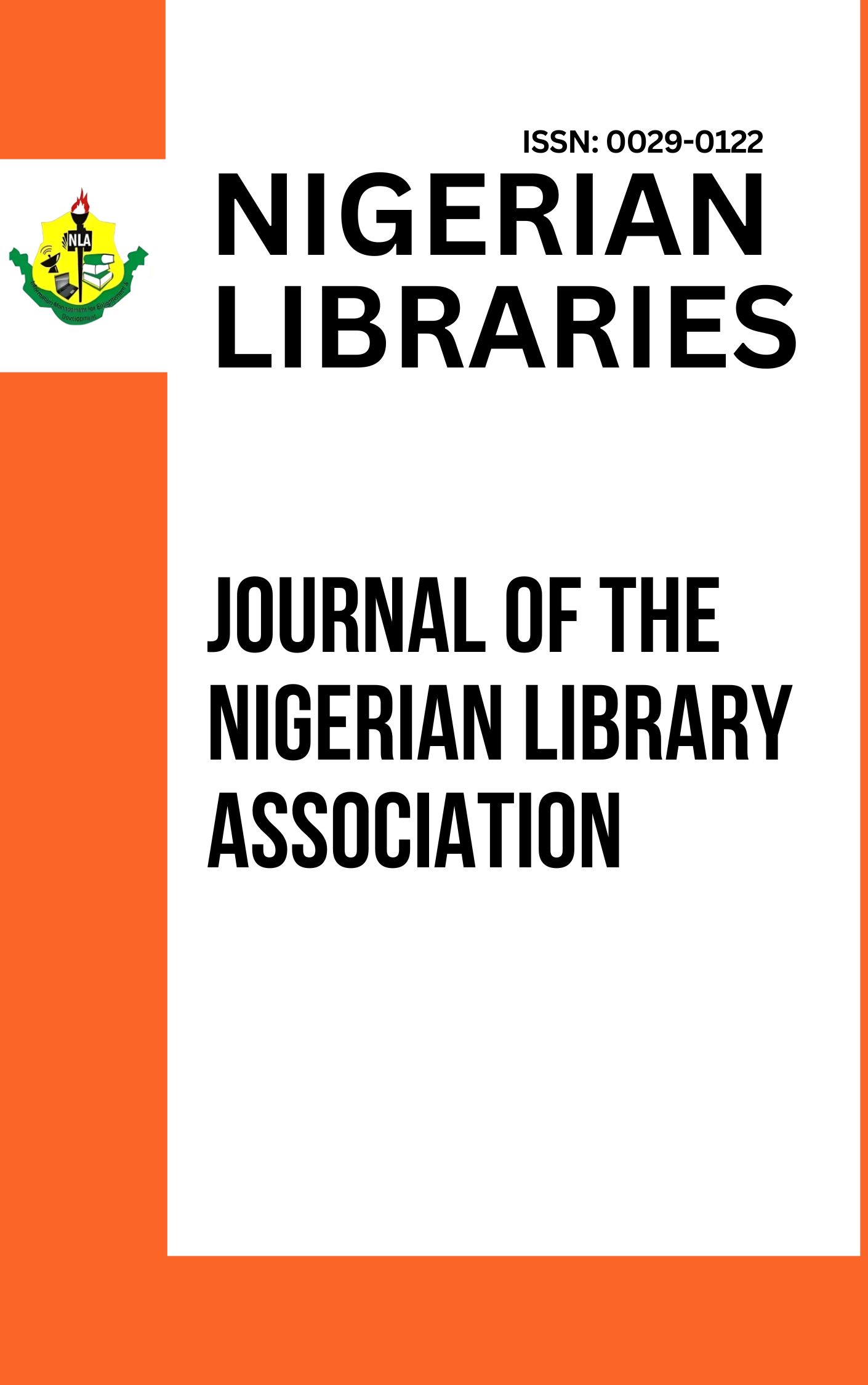Abstract
Emerging technologies are always attractive to libraries. Like any other service delivery organizations, libraries and librarians engage these technologies to provide services effectively and efficiently as well as making information delivery better. Most of these emerging technologies have changed the information-seeking behavior of library users and have put tremendous pressure on libraries to adopt these technologies such as Web 2.0, Web 3.0; library bookmark app, cloud computing and most recently Mobile Cloud Computing (MCC). Mobile cloud computing (MCC) was introduced to be a technology with the explosive growth of mobile applications and evolving cloud computing concept based on Infrastructure as a Service (IaaS) where both data storage and data processing operate outside of the mobile device. It is based on the concept of cloud where concentrated applications, resources, and services are accessed over the wireless network based on the web browser of the mobile phone. Despite its pervasiveness, storage capacity, scalability, reliability and, hype many libraries are yet to adopt mobile cloud computing due to various factors. Such factors are data security, privacy, failed accounts, trust, standards, organizational culture, service outage, data management, and others. Although the use of mobile devices posed a threat to library services, libraries and librarians can adopt these technologies in providing flexible, resilience and edge-cutting services to the users. This article addresses issues and functionalities, opportunities and benefits, challenges and risks of MCC. It also offers recommendations for its usage in the library.



 National Library of Nigeria
National Library of Nigeria.jpg) Association of Nigerian Authors
Association of Nigerian Authors Nigerian Library Association
Nigerian Library Association EagleScan
EagleScan Crossref
Crossref